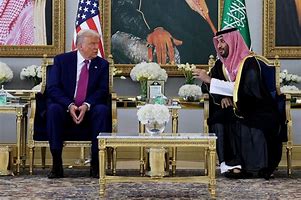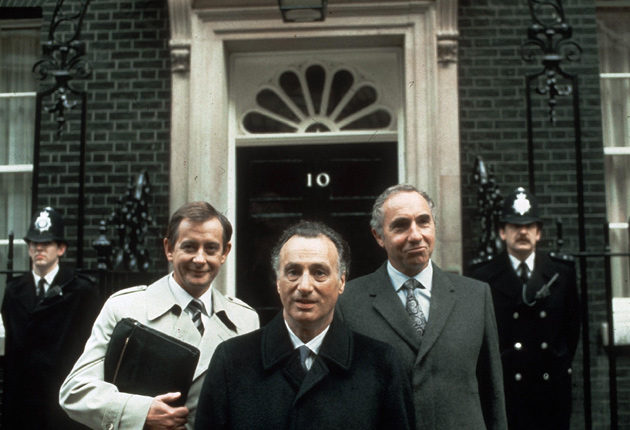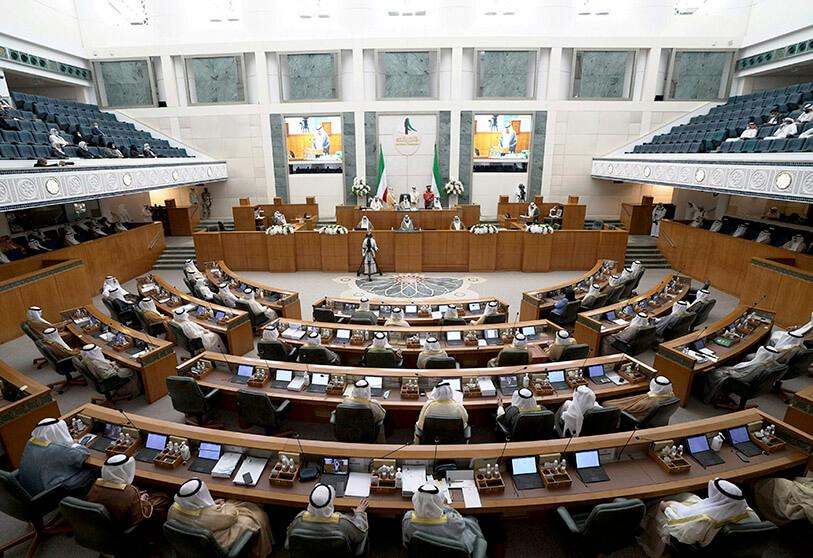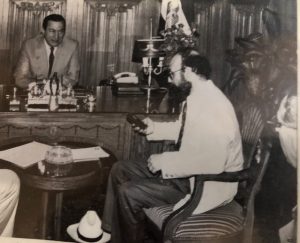Prime Minister Liz Truss, desperately trying to save her job in an exclusive interviewee early this evening ( 17 October 2022) she tells BBC Chris Mason, she was determined to lead the conservative Party to the next election in 2024; and she said she was sorry for thousands of British people having to see their mortgage payments go up. She admits to making mistake.
“ I do want to accept responsibility and say sorry, for the mistakes that have been made. I wanted to act but to help people with their energy bills to deal with the issue of high taxes, but we went too far and too fast. ” Said Liz Truss in response to Masons’ questions on who was to blame for this mess? “ I’ve acknowledged that. I put in place a new chancellor with a new strategy to restore economic stability. And now what I’m focused on is delivering for the public, whether that’s delivering on our energy price guarantee and we’ve made sure people are only paying a typical household £2500 but also delivering on the promise of growth, making sure we’re delivering on the roads, the broadband, the mobile phone signal, all of those things which is going to help our economies succeed.”
Challenged by Mason that her very vision for Britain was dead, she said that she was
focused on delivering on energy supplies, on delivering new roads, new opportunities across our country. “We have to make sure though, that we have economic stability, and that has to be my priority as prime minister. I’ve acted in the national interest. I remain committed to the vision, but we will have to deliver that in a different way. And that’s what I’m determined to do. With the new chancellor Jeremy Hunt.”
On her ‘belittling of Treasury orthodoxy’ she said “…. we have to, of course, make sure we have economic stability as a country, and it was my responsibility as prime minister to take the tough decision and make sure we delivered that. We also need higher longer term growth and that’s vitally important to fund our national health service, to make sure families are able to succeed, to make sure we’re able to afford a great education system. .” However, she admits to getting a few thigs wrong “But I recognise that we did act too fast, and that’s why I’ve adjusted what we’re doing and I do think it is the mark of an honest politician who does say, yes, I’ve made a mistake. I’ve addressed that mistake. And now we need to deliver for people, you known what we’ve said we’ll deliver.”
Mason asked whether she still believed what she believed before, in what she said ‘in those hustings’, ‘ the kind of conservative philosophy, even though it didn’t work?’
She said she still believed in a high growth low tax economy. “What I recognise though is we do face very difficult circumstances at the moment. We’ve got rising interest rates across the world. We’ve got the war in Ukraine, perpetrated by Putin and what we had to do, and what I had to take the decision as prime minister to do, is make sure we acted to protect economic stability. Now, I do believe we need to get things in Britain moving faster, to help grow our economy. I want to get on with the road projects, the infrastructure we need the new energy supplies we need because we become far too dependent on global energy prices. But I recognise we did act too far and too fast and I’ve made the necessary adjustments to that.”
Was Rishi Sunak right all along, then?, Mason asked .
“We had a very robust leadership campaign this summer where we debated ideas, we debated philosophy.” Truss said.
Was Sunak proven right?
“ I’m committed to a low tax high growth economy, but I have to reflect the real issues we face and my responsibility as prime minister is making sure that we have economic stability, that we protect people’s jobs. We’ve got the lowest unemployment since 1974. And we get through this very difficult winter. What I have delivered is we’ve already reversed the National Insurance increase which is important for families. We’ve also delivered on the energy price guarantee. Yes, Chris. I couldn’t deliver everything I wanted, “ she said .
But Mason challenged her on ditching everything.
“ I delivered the energy price guarantee and the National Insurance and we will continue to work to deliver economic growth for our country. This week we’re introducing new legislation to make sure that we have smooth running rail services and that commuters can get into work and we were dealing with militant unions. So we will continue to deliver our agenda. “ was her reply .
Chris Mason then asked : ‘
You talk about the energy package and that’s been the crutch if you like that you’ve leant on in the last couple of weeks when you faced difficult questions, proudly saying that it was bigger and bolder than Labour’s and yet that shrivelled as well, that hasn’t survived contact with the new chancellor?’
“this winter families will be protected, they won’t be paying the up to £6000 bills that they were facing. Now a typical household will pay no more than £2500 and we are putting that protection. ”
On long term reassurance to families, Truss said “ I can can reassure people off is that the most vulnerable will be protected into next winter. We’re looking at exactly how we can do that. And being in government is always about a balance or being able to make those decisions but I also have to think about and the chancellor has to think about economic stability. So we will make sure those households who are struggling, do have that support into next winter. We’ll be saying more about that in due course. Families will be protected this winter from those very very high bills. And as I’ve said, given the worsening conditions, we do have to make sure that we maintain economic stability that that has to be a priority.”
And on massive increases in mortgage payments?
“
Well, look, I understand it is very difficult for families across the country.
and the fact is we are facing, face a difficult economic situation internationally where interest rates are rising, as well as pressure here in Britain.”
Ditching that her policies made it worse, Truss said “ what we’ve been through over the last few years is a very low interest rate world and that is changing and that is changing across the globe.” And the same went for bills, Mason asked. That got her to apologise
“Well, first of all I have said sorry for the fact that we did act too far. We went too far and too fast… The reason I did that was to make sure that we were dealing with the immediate issue of the energy crisis. And we did help people with their energy bills. Now interest rates are a matter for the Bank of England. They are rising internationally. We will do what we can to help families, I’m particularly focused on helping the most vulnerable families. But we are in a difficult situation as a country and this difficult situation is being faced around the world. And we’ve had to adjust our policies as a consequence Chris.”
Mason : ‘ what do you say to people who say that you are now a prime minister in name only, that you’ve had to junk almost your entire plan, the very thing that you were elected upon you and you now have a chancellor who is executing a plan that’s a million miles away from your own and you have acknowledged that what you’ve had to pause, what you’ve had to stop is still what you really believe. You’re now leading a government that’s executing an agenda that you don’t even believe in.’
Truss “ Well, I appointed the chancellor because I knew that we had to pursue these policies. I knew that we had to act to protect economic stability, and that’s why I appointed Jeremy Hunt. I’d been working very closely with the chancellor over the last few days to make sure that we have the right package in place, but it would have been completely irresponsible for me not to act in the national interest in the way where I have. I am somebody who’s honest. I’ve said that mistakes were made. But I’ve also acted to address that to make sure the country is in a strong position. And that’s what I will continue to do as prime minister.”
Chris Mason ‘ Can you convince our listener and viewer that you have credibility still as Prime Minister because a reasonable minded observer might wonder from here on in, whether they can believe what you’re saying because so much of what you’ve said in your early weeks in office has been binned?’
Truss “ I’ve been absolutely honest about what I want to achieve for this country. I want us to be a country that has higher growth, where people can benefit from more opportunities across the country. I’ve also been honest that we’re facing a very difficult economic situation. So we’ve had to change our ways of achieving that and it will take longer. I mean we did go too far and too fast. But we are delivering, you know, we’re delivering on energy prices for people this winter. We’re delivering on minimum services on railways, we’re delivering on our speeded up road projects, we’re delivering on reversing national insurance. So yes, I have been honest with the public about what we’ve needed to change because of the circumstances. But I am completely committed to delivering for this country, and that’s why I’m in the job. That’s why I get up each morning, Chris is because I want this country to be a better place where everybody has opportunities and everyone can succeed, that’s what motivates me.”
Chris Mason ‘ People will say look, we all change our minds, all Prime Minister’s change their minds, but this is a wave of U-turns, unprecedented in scale and speed. Do you feel humiliated?’
Truss “ I feel first of all, that I did make mistakes and I’ve been upfront and honest about that. But what I’m spending my time thinking about Chris is about how we deal with the situation and how we deliver for the public. That’s what motivates me and that’s why I’m doing what I’m doing. I care deeply about this country. I care deeply about our success. Because I know what that success means for people it means the difference between having a job and not having a job, it means the difference between being able to feed your family or not being able to feed your family, and that’s that’s what motivates me and what I’m doing. Yes, it hasn’t been perfect. It’s been a difficult time and I think we did an interview before I got the job and I said it was going to be tough because of the circumstances we’re facing as a country. I was expecting it to be tough, and it has been tough. I think it’s fair to say. “
Chris Mason : ‘ Let me read you some of what your own MPs have told me about what’s been going on – ‘it’s checkmate were stuffed’. ‘It’s dire. They’ve taken no responsibility for hiking mortgage rates’. ‘We’re all done for.’ These are your own colleagues. What do you say to them because they’re convinced that as a result of your actions, they and your party are going to lose?’
Truss “ What I say to them is that we should be focusing on the people of the United Kingdom and how we deliver for them. We were elected on the Conservative manifesto in 2019 to level up our country, to provide more opportunities, to deliver for our public services. That’s what I’m focused on doing. And I don’t think people want to hear about internal discussions in the Conservative Party. I think people recognise that we are facing a very serious situation internationally, that there are serious economic headwinds, and they want a government and a Conservative Party that deals with that.”
Chris Mason ‘
Tell me about the sacking of Kwasi Kwarteng. You were longstanding friends from the same if you like wing of the Conservative Party, finally being able to deliver your vision of conservatism and he’s out the door in weeks. What impact did that have having to fire him?’
Truss “ Look, it was a it was a very tough decision. It was painful and Kwasi is a friend of mine, but I’ve been put in this job. I was elected by Conservative party members I was elected to deliver for this country and ultimately I have to make those decisions about what the right thing to do was, and I have made the right decision. It was right that we changed policy. It’s right, that we have a new chancellor. And now what I’m determined to do is make sure that works.”
Chris Mason ‘
Are you sticking around because you want to stick around or because you’ve waiting for your party to find a successor?’
Liz Truss “ I’m sticking around because I was elected to deliver for this country. And that is what I am determined to do. And he next general election; Well look, yeah, (laughs) I’m not focused on internal debates within the Conservative Party. The important thing is that I’ve been elected to this position to deliver for the country. We are facing very tough times. We simply cannot afford to spend our time talking about the Conservative Party, rather than what we need to deliver. That is my message to my colleagues. What I’m worried about is delivering for the people of Britain.”
Chris Mason ‘ You must have had moments in the last few weeks given the scale the swirl of noise that you felt, we’ve all felt at Westminster, amongst your own colleagues, the deep sense of unrest, the deep sense of concern that because of your decisions, the fear among so many Conservative MPs is your party’s going to lose and lose big time in the next general election. And they blame you for that.’
Truss “ Well my message to my colleagues is yes, I completely acknowledge that there have been mistakes. I have acted swiftly to fix those mistakes. I’ve been honest about what those mistakes were. And what we now need to do is move forward and deliver for the country because that’s ultimately, that’s ultimately what people care about. People care about us delivering and that’s what we as elected politicians need to focus on. I will stay in the job to deliver for the national interest










